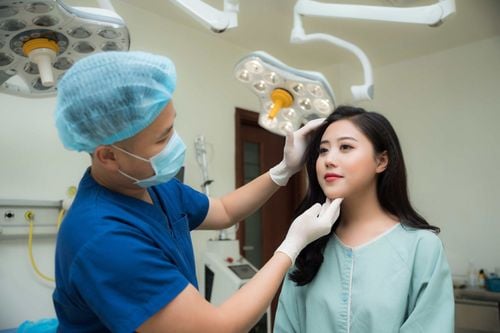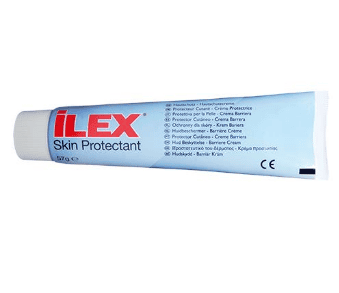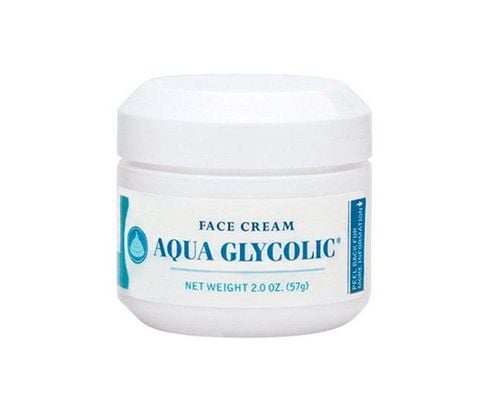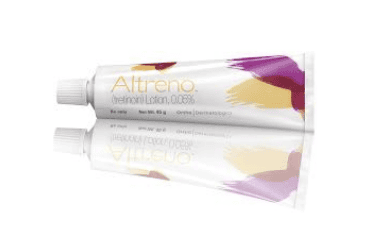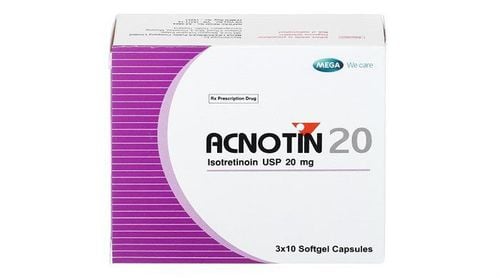This is an automatically translated article.
Retinol and retinoids are both vitamin A derivatives and are converted to retinoic acid before acting on the skin. Both of these ingredients have anti-aging effects, treat wrinkles,... However, retinoids is a general term that includes retinol, where retinol is an over-the-counter retinoid.
1. The Difference Between Retinol and Retinoids
Retinol and retinoids are both vitamin A derivatives and are converted to retinoic acid before acting on the skin. Both of these ingredients have anti-aging effects, treat wrinkles,... However, retinoids is a general term that includes retinol, where retinol is an over-the-counter retinoid.
1.1 Chemical Structure
In terms of chemical formula, retinol is in the form of alcohol and other retinoids like tretinoin are in the acid form. This is the most recognizable difference between these two components. Retinol takes time to convert to its acid form. When present in an acid form, retinol is really effective when acting on the skin. However, in fact, retinol cannot convert 100% of the acid component.
Over-the-counter retinol forms are usually in ester forms such as retinyl palmitate, retinyl linoleate, retinaldehyde, propionic acid, or retinyl acetate. Accordingly, retinol requires more metabolic steps to release retinoic acid. Unlike retinol, other retinoids are already acidic, so they're more effective and more effective than retinol. This also means that high concentrations of retinoids like tretinoin are more likely to cause irritation and other side effects on the skin than retinol. In addition, over-the-counter retinol is often combined with many other ingredients to moisturize, reduce irritation or antioxidants, to brighten the skin.
MORE: 13 "rumors" about Retinoids for better skin
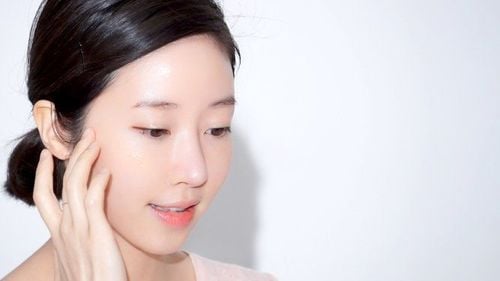
Retinol không kê đơn kết hợp với các chu trình chắm sóc da khác sẽ tăng hiệu quả trắng sáng da
1.2 Production modulation
Retinol is a product that can be easily extracted from natural ingredients. Meanwhile, other retinoids with high concentrations are prepared and manufactured in the laboratory. Therefore, the difference between them is that retinol can be used in regular creams and serums, while retinoids are products that need to be prescribed by a doctor.
1.3 Efficacy on skin
In the same period of use, other retinoids will achieve clearly superior results than retinol in anti-aging as well as increasing collagen production to help regenerate firmer, healthier and brighter skin. However, this is the case when the same concentration is used and it should be noted that other retinoid products are more likely to cause irritation.
Other retinoids like tretinoin are 20 times more potent than retinol. Therefore, tretinoin at a concentration of 0.025% would be equivalent to 0.5% retinol. Therefore, the effect on skin plumping as well as wrinkle improvement and skin regeneration will be better than retinol. However, as analyzed above, tretinoin is very irritating and has negative side effects, so it is necessary to consult a doctor before use.
In terms of anti-aging and wrinkle reduction, retinol at the ideal 1% concentration is still the best choice, helping to keep the skin firm and smooth without causing negative reactions on the skin. skin. Note, tretinoin is only recommended for 5-6 months to help speed up the process and increase effectiveness on the skin. Retinol, on the other hand, can be used to maintain and return smooth, shiny skin. Therefore, you can choose to use retinol for a long time and still get the same results as tretinoin at 0.05% concentration, but also reduce unwanted effects.
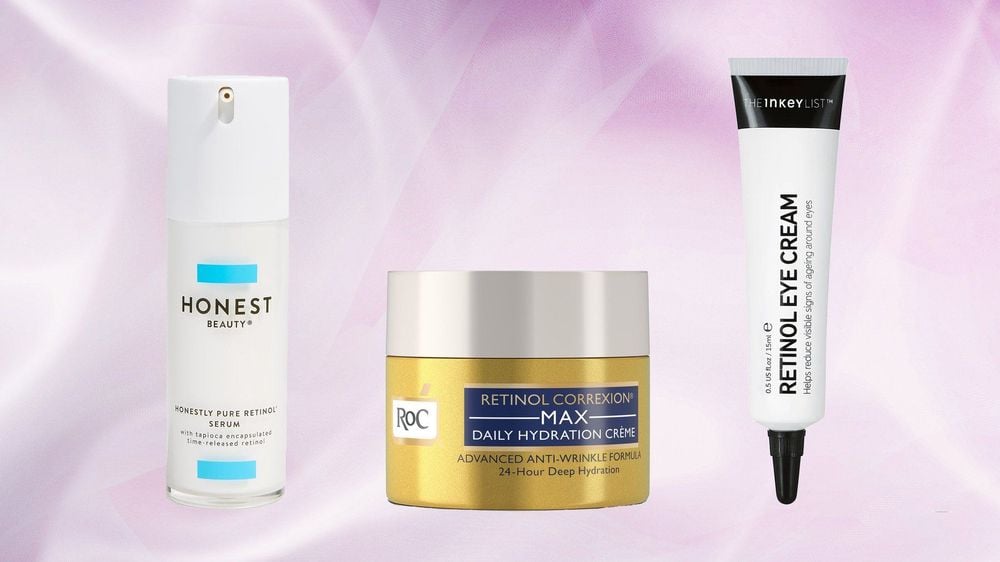
Sản phẩm retinoids có hiệu quả cải thiện làn da hơn retinol
2. Who should not take retinol or retinoids?
Retinol is suitable for most skin types, but you must choose the right products and have a gentle skincare routine that works for your skin, without causing irritation or rashes. The unwanted effects of retinol or other retinoids are redness, burning, and dryness of the skin that causes the skin to peel, especially when used for the first time. To avoid skin irritation, please perform allergy testing steps before deciding to use. Start with 1-2 times per week and use a low concentration product like retinol. If after two weeks the skin is not irritated, gradually increase the frequency, or use other retinoids with a higher concentration as prescribed by the doctor if necessary. One trick to reduce irritation is to use an anti-inflammatory cream after applying the retinol.
For pregnant and lactating women, avoid using retinol or any retinoid product. Some users are extremely sensitive and irritated by the irritation of retinoids. So start with a low concentration over-the-counter retinol, which is milder, more tolerable than tretinoin. People who have oily skin or are used to using retinoids and can tolerate strong products like tretinoin still need to include in their skincare routine slowly and with a doctor's prescription.
In addition, to use retinol and retinoids safely, use the product at night to avoid much irritation, on the other hand, sleeping time also regenerates the skin better. Retinol and other retinoids should be used on cleansed and dry skin and before moisturizer. If you use a toner, wait for the toner to fully absorb into your skin before applying retinol.
In summary, retinol is one of the retinoids, but in a lower concentration and easily available without a prescription. The difference between retinol and other retinoids is that retinol acts more slowly on the skin, requiring more metabolic steps to release retinoic acid. The more metabolic steps the product has, the weaker it is. While equally effective, it takes longer to notice the effects of retinol compared to other retinoids such as tretinoin.
Please dial HOTLINE for more information or register for an appointment HERE. Download MyVinmec app to make appointments faster and to manage your bookings easily.
Reference source: rd.com,




